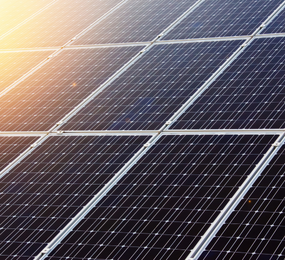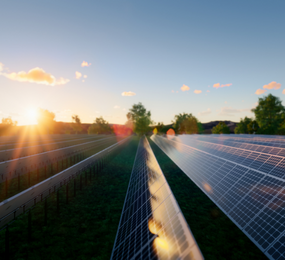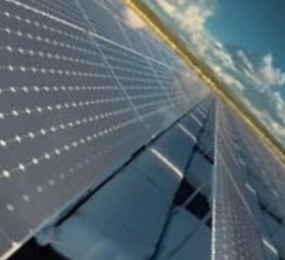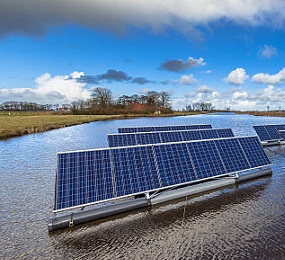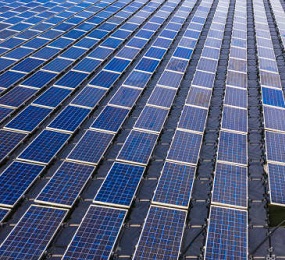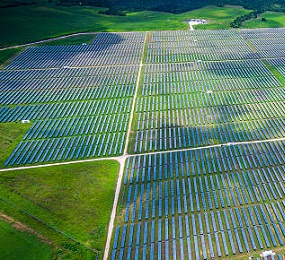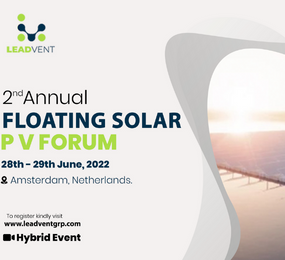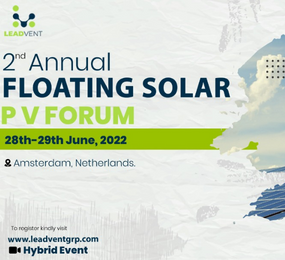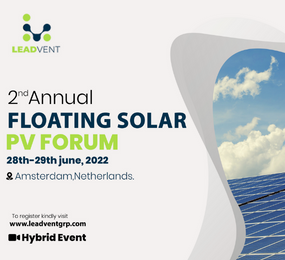One of the most intriguing new technologies is a floating solar farm. For nations, where there is a high population density and stiff competition for the limited amount of available land, as well as countries with high evaporation rates and water resources deficiency, it is the perfect power generation source.
Large-scale floating solar farms have gained popularity in a number of nations, as it is a significant step toward addressing climate change, floating solar farms are likely to expand.
The efficiency of Photovoltaic (PV) systems is affected by a variety of environmental factors, including ambient temperature, dust, etc. Since the Floating Photovoltaic (FPV) system is a very new idea, its cleaning procedures have not been well investigated. While FPV systems are situated near water bodies and reservoirs, the water quality may restrict the use of certain cleaning techniques.
PV panel efficiency is negatively impacted by soil and dust. Therefore, from an economic and performance standpoint, cleaning FPV panels is quite important. The choice of cleaning times is a key component in maximising the economic advantage. The frequency of cleaning depends primarily on the area because there is no set cleaning cycle for PV panels. The ideal cleaning frequency is largely influenced by the installation site's environmental factors, including precipitation and humidity, wind speed, particle type, source of particles, and soiling rate.
Floating solar panels require minimum maintenance because water acts as a cooling agent. Rainfall also helps in the cleaning process. These actions are conducted to maintain and clean solar panels.
Manual Cleaning: For the manual cleaning of floating solar panels, qualified personnel and appropriate supplies are chosen. The materials should be chosen with particular care. The reason for this is that some cleaning agents can impair the effectiveness of floating solar panels.
Sprinklers: Self-cleaning can be accomplished using both air and water. Sprinklers work well in dry areas. They clean the panels at a reasonably low cost by simulating the cleaning effect of rain.
Forced Airflow: Cleaning can also be done with forced airflow from an air conditioner.
Robotic: Floating solar panels may be cleaned and repaired with the aid of robotic maintenance methods. Despite the high purchase cost, it is also a cost-effective choice that minimises water waste.
To find out more details on Advanced Technology and Techniques of Cleaning Floating Solar Panels, join us on 27th - 28th June, 2023 for the 3rd Annual Floating Solar PV Forum, in Amsterdam Netherlands so you don't feel left out in the global Floating Solar Photovoltaic!
To register or learn more about the Forum please check here: https://bit.ly/3zVvdfN.
For more information and group participation, contact us: [email protected]


